
QANTAS: Earnings to be even higher than forecast
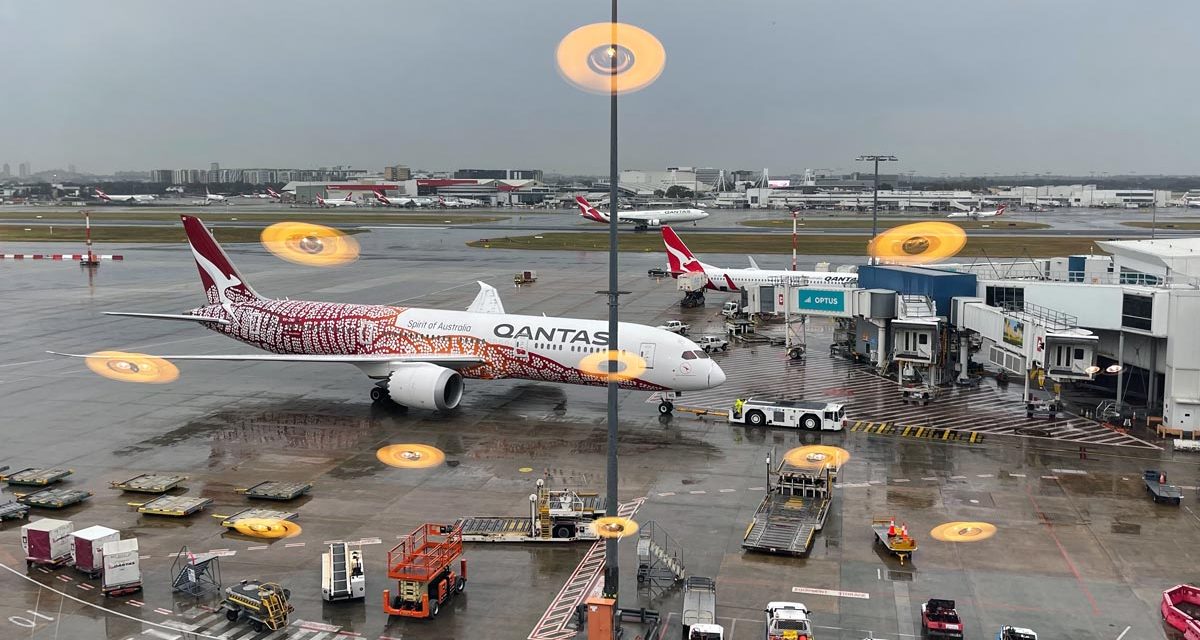
UPDATE:
Since I posted this, several articles have appeared, most notably one in the AFR’s Chanticleer column. Try and read it, although it is behind a paywall. Here is a tantalising quote about the current sky-high prices’ contribution to today’s notification of even higher half-year earnings for Qantas:
‘Government data suggests fares for the cheapest seats haven’t been as high as they are now since September 2007; by way of example, a quick scan of the Qantas website suggests the cheapest flights from Sydney to Melbourne and back in a week’s time is about $885.’
Chanticleer, AFR
PREVIOUSLY:
With travel demand going gangbusters, full aircraft and sky-high prices, Qantas expect to earn AU$150 million more than it previously forecast for the half-year. So now, it expects underlying pre-tax profit to be between AU$1.35 billion and AU$1.45 billion for the half-year to December 31, up from the October forecast of between AU$1.2 and AU$1.3 billion.
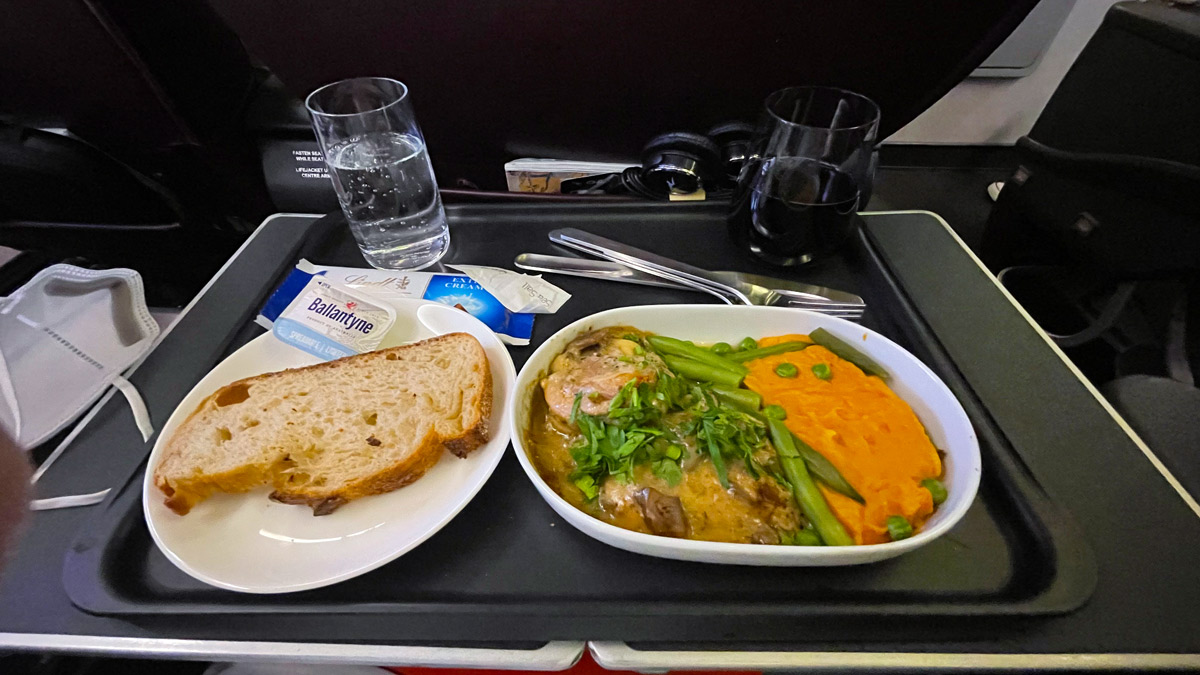
Content of this Post:
Profit / Loss
It’s a huge contrast and virtually reverses the losses for the previous half-year of AU$ 1.28 billion. Qantas is also reducing its net debt by AU $900 million more than it expected
I suppose that’s what happens when you have pent-up demand and you reduce the number and frequency of your flights so that they fuller than full, so you can charge fares that are multiples of pre-pandemic prices!
Sales and Points Planes
Qantas is foreshadowing more Points Planes (all seats in an aircraft only bookable using frequent flyer points), and more fare sales deal, claiming that there were over a million sale fares launched in October.
It also claims that there are over five million reward seats available for frequent flyers in the next year. That may technically be true, but you try and find a Business or First class Classic Reward seat on long-haul, say to London anytime in the next 360-odd days!
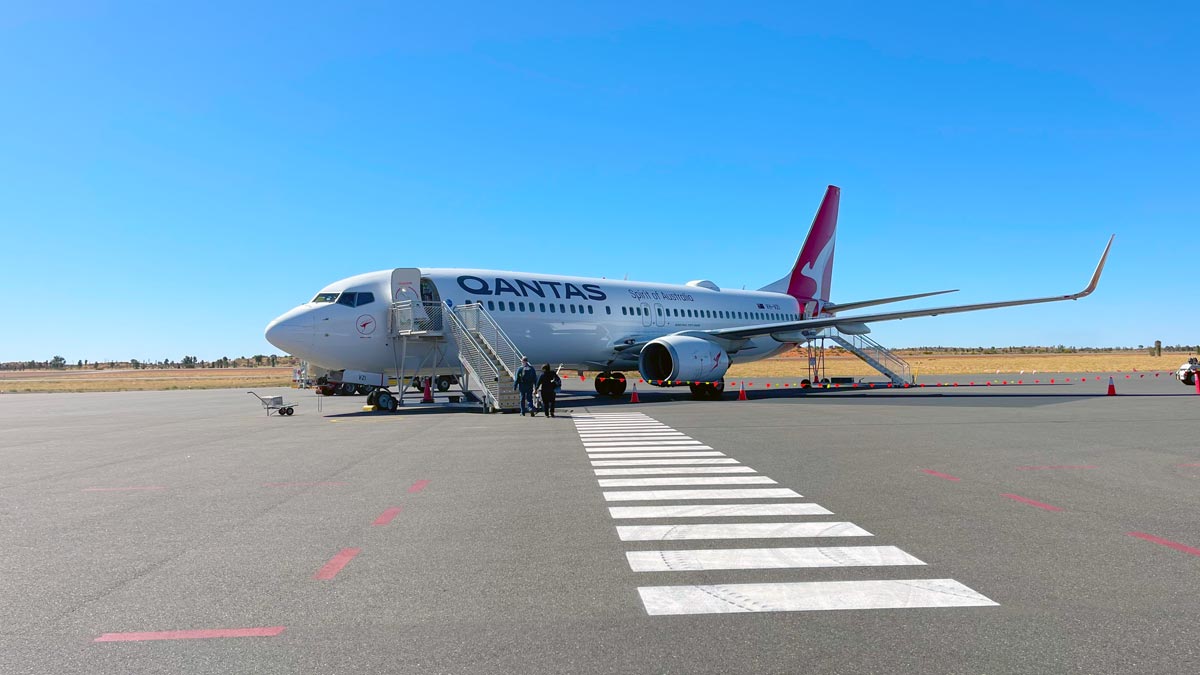
Travel credits and Share buybacks
The airline claims that nearly 60% of the AU $2 billion in flight credits passengers have with Qantas – basically free money being lent to the company – has been redeemed to date. The rate of redemption is AU$70 million a month, and Qantas is promising to apply some incentives for customers to fully redeem their credit within the next 12 months.
Qantas has spent AU $ 400 million on buying back its shares – which is one way of returning something to shareholders and avoiding tax. The statement also indicates that the board will be in a position to contemplate a dividend to shareholders, or ‘future shareholder returns’ as it puts it in February 2023.
Industrial Relations
Jetstar Pilots have recently signed a 3 year agreement on their salary, and Qantas is hopeful it will conclude other industrial agreements, including 20,000 employees receiving a AU $5,000 ‘boost payment’ or bribe as I like to think of it, plus a 1,000 shares (equating to AU $6,000 at the moment) – as long as the sign various agreements that limit their pay increases, and compromise various other terms of their previous agreements.
Qantas has a reputation as one of the most hard-nosed industrial negotiators around, and it is currently campaigning against the Federal governments industrial reforms.
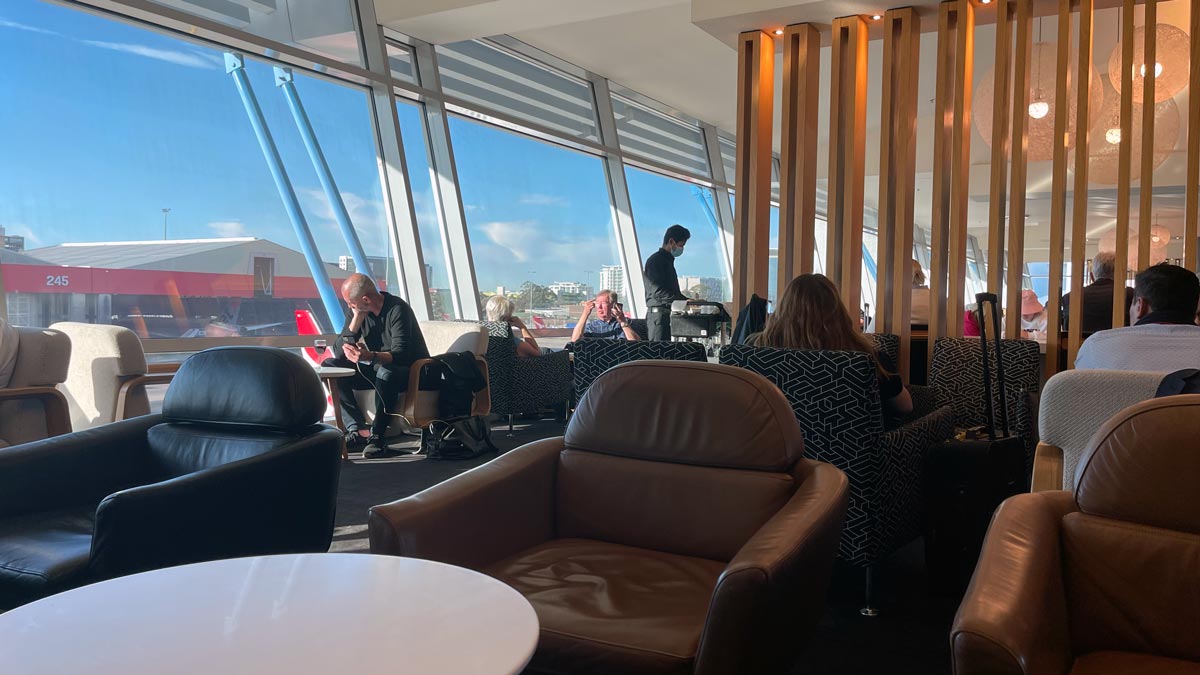
2PAXfly Takeout
This is another timely reminder to wear your seatbelt when seated. Holding you close to your seat will protect you from the sort of injuries sustained on this flight, when unsecured passengers flew to the ceiling of the aircraft, and then came crashing down once the ‘drop’ ceased.
The hope will be that this is an anomaly – a ‘freak accident’ in casual parlance. If it is a systemic error either mechanical or electronic, then this is a larger concern for the airlines that fly Boeing Dreamliner 787 aircraft. Let’s hope it isn’t. If it is, it will pile on the woes to Boeing’s existing stack.
Qantas is certainly doing well, and additional investments in standby aircraft and crews to reduce disruptions along with better on-time performance are countering their ruined reputation of late. There is much more work to do there as customer resentment builds over sky-high fares and restricted services.
The Qantas share price is heading back up towards pre-pandemic levels, which will make investors happy (I’m one of them).
I still think Qantas has a long way to go in restoring public confidence, not to mention loyalty in the longer term. Olivia Wirth – CEO Qantas Loyalty still has a lot of work to do.
TRANSPARENCY: The owners of this website have direct and/or indirect financial relationships with some or all of the companies named in this article. For further information, visit our Terms and Conditions.


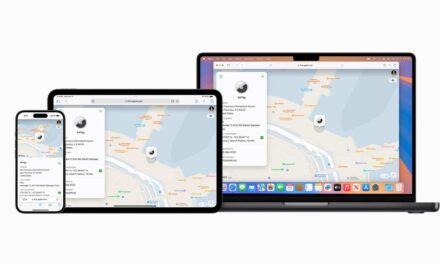



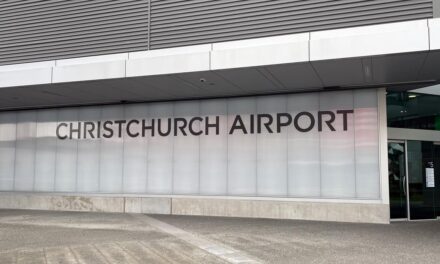




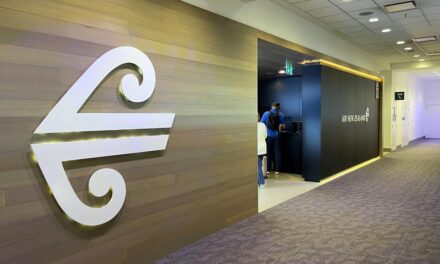

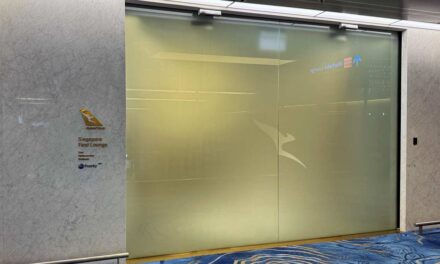


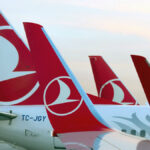
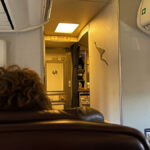
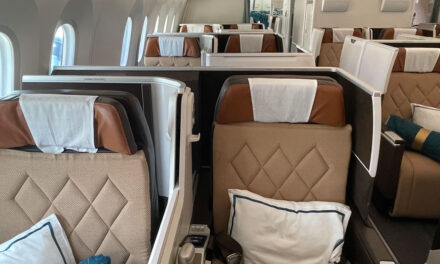
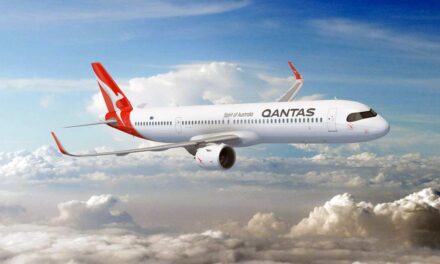

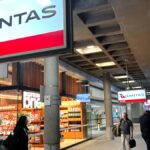





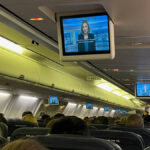

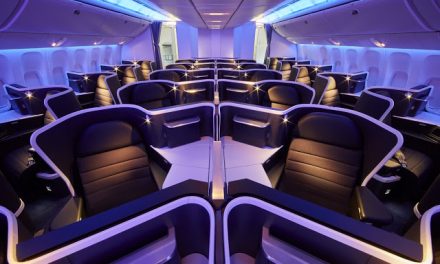







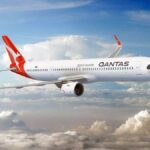

What did you say?